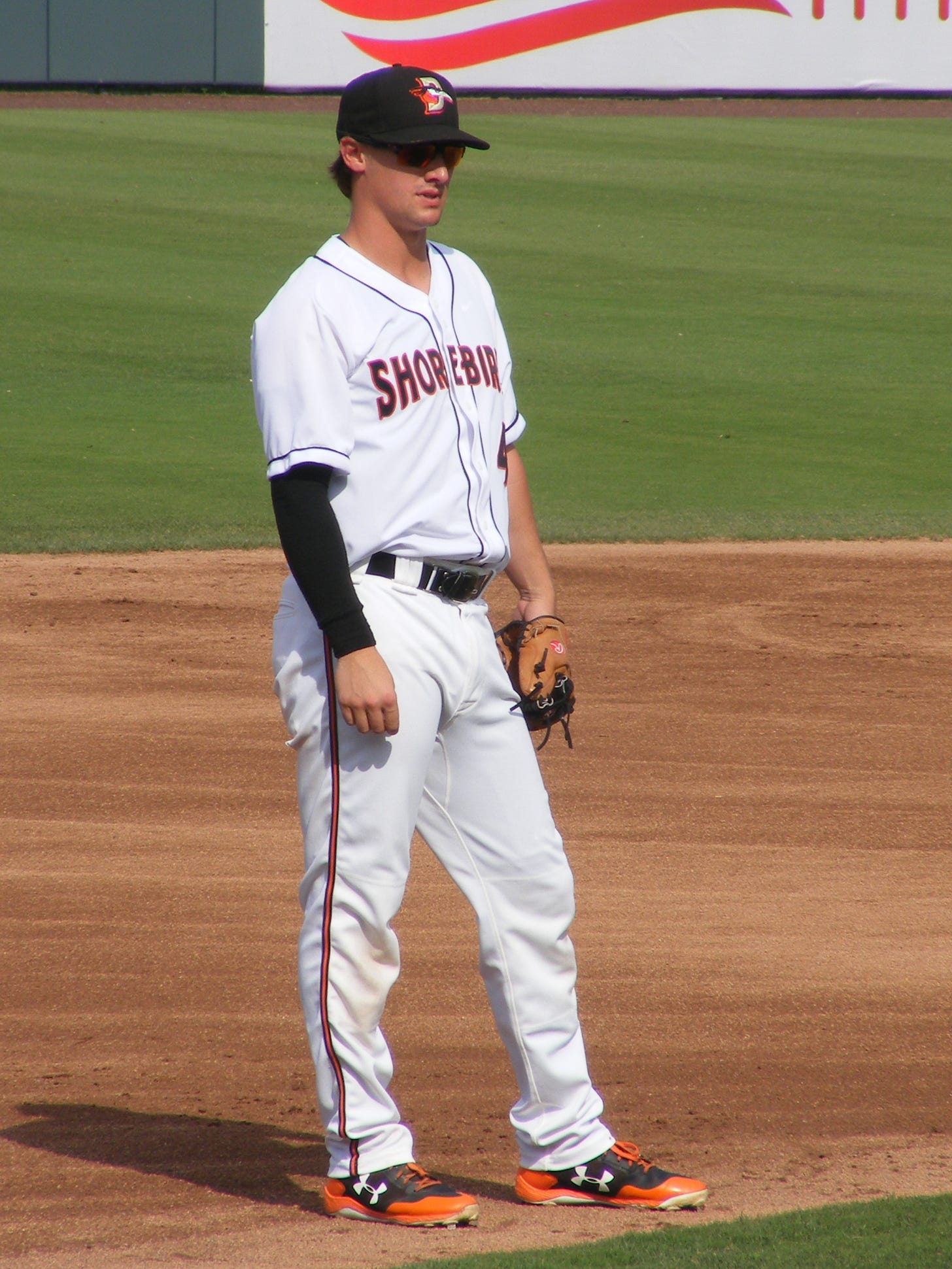
Over the weekend, there was a three-game series at Comerica Park between the Chicago Cubs and Detroit Tigers. As it turned out, it was a three-gamer between two of the top teams in baseball, perhaps drawing more interest than the more traditional rivalry series between the Boston Red Sox and New York Yankees as it drew 121,309 fans to CoPa, the second-highest turnout for the three-game series in stadium history. (Number one was their Clinchmas three-game set against the woeful White Sox last season.)
Unfortunately, there was just as much press made about a far different scenario, a nearly empty LoanDepot Park shown as its Miami Marlins hosted the dreadful Colorado Rockies in a battle of two last-place teams and perennial doormats. In 34 home games so far this season the Marlins have drawn less than 400,000 and they’re only outdrawing the Athletics and Tampa Bay Rays, both of whom are in temporary minor-league quarters.
Despite everything Rob Manfred is doing to kill baseball, the sport seems to be doing just fine. So is the time right to talk about expansion?
A longstanding parlor game is that of guessing which cities will receive expansion teams and how the leagues will be realigned afterward. With 32 teams, the arrangement lends itself to being like the NFL, with four divisions per conference holding four teams apiece. And it’s odd to think that we are currently in the longest expansion drought in the expansion era, which began in 1961 when the American League placed a team in Los Angeles and replaced its old Washington Senators with a new version. The leagues added fourteen teams between them in 37 years, but we have gone 27 years now without new franchises.
With interleague play being the norm, scheduling will become a bit of a problem. Each team may play 51 interleague games - 3 against 15 of the teams in the opposite league and 6 against the “archrival” squad (such as Baltimore vs. Washington.) A home-and-home against the rest of the league adds 72 games (6 games against 12 teams), leaving just 39 for the three divisional rivals. That can either be 13 apiece or a 12-12-15 format.
Obviously that will provide an attendance bump as the new venues bring people in for the novelty. But what happens when the losing starts? As we’ve seen with Miami - which has never had great attendance even when they won the World Series - the losing culture there means people find other things to do. Las Vegas would be another test case since they’re inheriting an Athletics team that has been pedestrian at best over the last few seasons.
The other argument against expansion would be that of watering down the talent pool even further. We get an example of that with spring football, where the attendance and ratings of the United Football League have declined in its second season to a point where several franchises may be moving for 2026. It was the same complaint people had in the years after baseball expansion, particularly after the first two cycles in the 1960s and early 1970s.
If expansion is to occur, though, it will likely begin in the low minor leagues. One big difference in the last round of expansion (1998’s Tampa Bay Devil Rays and Arizona Diamondbacks) was that the teams were allowed to draft players two years early and set up minor league affiliates. (In that first draft Tampa Bay drafted all the way to the 97th round, which likely will never be repeated. Arizona stopped at 62.) Depending on where the major league teams fall and how MiLB wants to align the leagues, the Carolina League may get some of the first crop of players hoping to debut with the expansion squad.
So it’s an exciting possibility and could very well affect us before the first pitch is ever thrown for the new MLB squads, wherever they may end up.
Taken during an 8-7 win over the former Hagerstown Suns on June 24, 2018, our third baseman that day was Branden Becker. That month he would wind up as my Shorebird Position Player of the Month, but that would pretty much be the pinnacle of his playing career. In April of 2019 he was sent down to Aberdeen (back when they were below us) and at that point Becker voluntary retired.
That wasn’t the end for him in professional baseball, though: in 2021 and 2022 Becker coached in the Orioles’ organization, but didn’t have his contract renewed for 2023. He was one of my favorite players when here, so hopefully he’s doing well.



